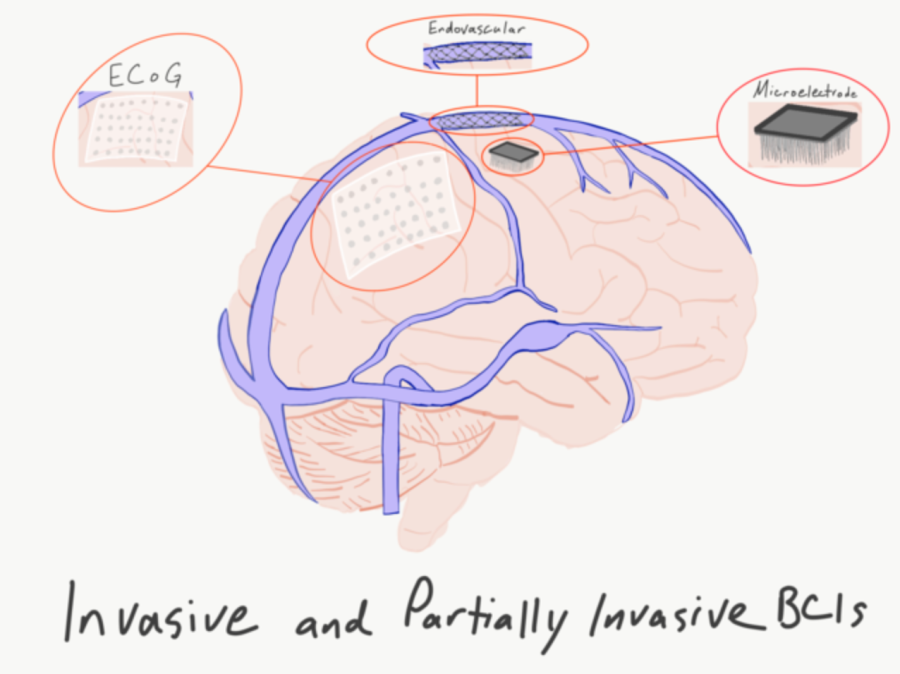Browsing at the Speed of Thought
Typing with one’s mind isn’t something someone hears every day. But, Synchron, a company that specializes in neurology, has a device working towards that exactly. This device allows one to browse the internet and send text messages using only your mind. The process utilizes a BCI (brain-computer interface) device that implants a microchip inside of your brain. It’s believed to change how humans interact with the Internet.
Synchron is a neurological company that has developed a microchip to be inserted into the human brain. The way the device works is it allows a person’s thoughts to be transmitted to a phone or computer. The BCI was initially targeted towards paralyzed/ disabled people as it provided them a way to browse the internet, access online banking, etc. using only their thoughts. The BCI aims to provide their test patients with more independence beyond their disabilities, as they take control of the technical tasks in their lives using their brains.
Unlike traditional brain surgery, the BCI doesn’t require drilling into the skull. Synchron inserts a stent-like device into the motor cortex of the brain through a vein in the back of the neck. This device then picks up neurological signals, which are collected by a receiver unit implanted in the chest. The receiver unit, in turn, converts the neurological signals into keystrokes and mouse clicks on a smartphone or PC. In addition, Synchron also includes an eye-tracking device to control cursor movement for strong user control.
Synchron has already tested the BCI on 4 patients in Australia for more than a year. However, it only recently started its first human test in the U.S. The trials in Australia have shown no adverse effects on the patients, while initial success has shown patients achieving typing speeds of 14 words per minute with the BCI.
While the initial target market for BCI is disabled people, the market will eventually expand to the general population, given the potential for increased efficiency and productivity in jobs and schoolwork. Given the possibility of people having a chip in their brain for everyday life sometime in the future, a couple of people voiced their opinions and thoughts on such technology.
Mr. Gnevoy, a social media employee, stated ‘’Never will I ever allow the government to track me through a chip in my brain”. Another interesting opinion came from an Apple employee, Mr. Wadhwa, who wondered if further technological progress would remove the need for a screen-type interface such as a smartphone or computer and what that might mean for a company like Apple. Brad Beadell, a biology teacher at Wilcox High School, stated that “If this device were allowed to the general public, everyone would have equal access to technology. But again, there might be a chance of the microchip being hacked.’’ Mr. Beadell also mentioned that he believes that it could be considered to be unreliable and would need data to prove it is 100% safe.
Many people view the BCI as a breakthrough in technology, especially when it comes to improving the lives of disabled people, which is their current target market. The biggest questions/concerns are more about what happens if the product expands to the general population. With further advancements, there are infinite possibilities in terms of where brain chip technology can advance human capabilities.






